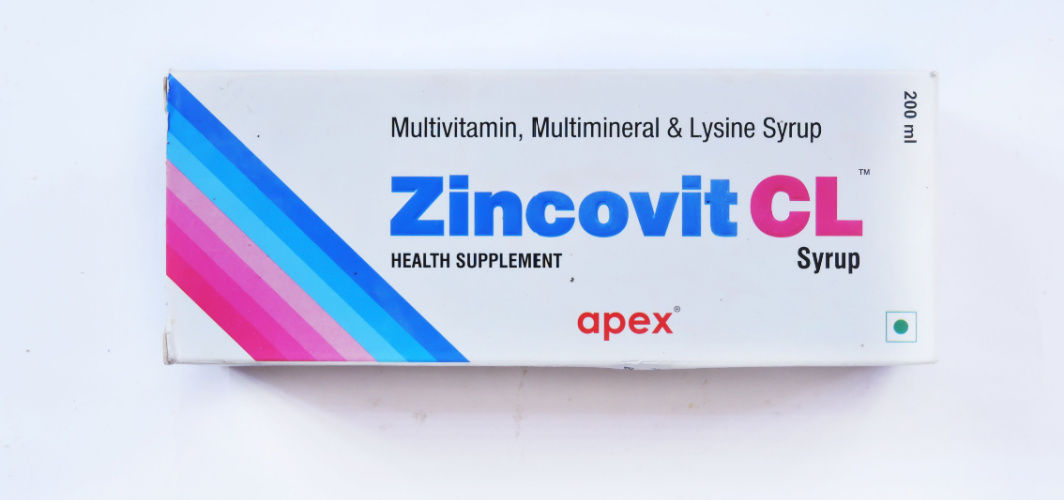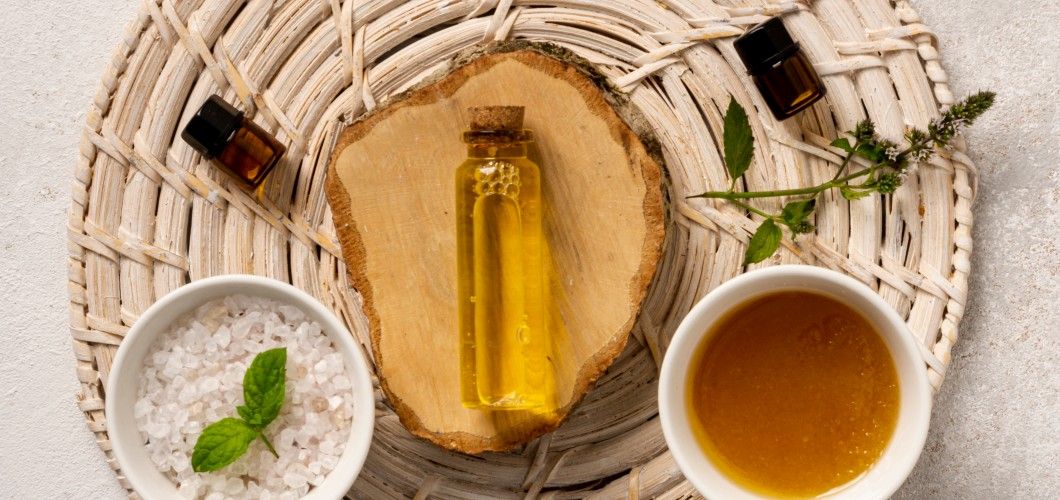General Health
10 Things To Avoid While Doing Skin Care In Winter
By Apollo Pharmacy, Published on- 01 February 2024, Updated on -23 April 2024
Share this article
0
0 like

Cold temperatures and low humidity levels during winter can have a significant impact on your skin. The harsh conditions can strip away the natural oils in the skin, leading to dryness, flakiness, and even irritation. It's essential to take extra care of your skin during this season to keep it healthy and hydrated. In this blog, we will learn about the 10 common mistakes to avoid and additional tips to add to your daily skin care at home during winter. Let's dive in and discover how to take care of skin during winter!
1. Taking Long, Hot Showers or Baths
Taking long, hot showers or baths may seem comforting during the winter months. Still, it can hurt your skin's natural oils causing dryness, itching, and even skin conditions like eczema that can negatively impact your winter skin care routine. This is what you can follow:
- Instead of using hot water, opt for lukewarm water with gentle bathing products. Lukewarm water helps to retain the moisture in your skin while still allowing you to enjoy a relaxing shower.
- Limit the duration of your showers or baths to 10-15 minutes.
2. Over-Cleansing the Skin
Excessive cleansing can strip away natural oils and disrupt the skin barrier, leading to dryness and irritation. Therefore, for your winter skin care:
- Stick to a gentle cleanser suitable for your skin type.
- Avoid harsh cleansers that contain ingredients like sulfates or alcohol.
3. Skipping Moisturizer or Using the Wrong One
Proper moisturization is the key to winter skin care routine as it helps nourish your skin while replenishing lost moisture. To keep your skin moisturized you can:
- Choose a lightweight and oil-free moisturizer, especially if you have oily or combination skin, to avoid clogging pores.
- If you have dry skin, opt for a rich and creamy moisturizer that provides intense hydration.
4. Excessive Exfoliation
Exfoliating your skin should be an essential part of your daily skin care routine at home. It's also important to remember that excessive exfoliation can do more harm than good. This is what you can do:
- Avoid using abrasive scrubs that can irritate and damage your skin.
- Opt for gentle exfoliants that contain ingredients like alpha hydroxy acids (AHAs) or beta hydroxy acids (BHAs) that work by gently dissolving dead skin cells, giving you a smoother and brighter complexion.
5. Ignoring Sunscreen
During the winter months, people overlook the importance of sunscreen. It is crucial to protect your skin from harmful UV rays, even on cloudy or overcast days. Hence, to protect and take care of your skin you should:
- Use a broad-spectrum sunscreen with an SPF of at least 30 for adequate protection.
- Reapply every two hours if you're spending an extended period outdoors.
6. Neglecting the Lips and Hands
Lips and hands are particularly vulnerable to cold weather and dry air. Some common problems include dryness, chapping, cracking, and even bleeding. To combat these common issues, it's important to establish a daily skin care routine at home. Here's how to look after these:
- For your lips, use a moisturizing lip balm with SPF to protect them from the sun's harmful rays.
- When it comes to your hands, regularly apply a rich hand cream or lotion to keep them hydrated. Wear gloves when venturing outdoors to shield them from cold winds.
7. Not Drinking Enough Water
During the cold weather, it's easy to forget about staying hydrated as we tend to feel less thirsty compared to the hot summer months. To stay hydrated during winter:
- Aim for at least eight glasses of water daily to keep your body hydrated and promote healthy skin.
- Consider using a humidifier in your home to add moisture to the air.
- Incorporate seasonal fruits and vegetables with high water content into your diet, such as oranges, and leafy greens.
8. Neglecting a Healthy Diet
The food you consume directly affects the appearance and quality of your skin. It's important to pay attention to your diet as it can significantly impact your skin health. Thus, you should consume:
- Antioxidant-rich foods like berries, dark chocolate, and green tea protect the skin from free radicals.
- Foods such as almonds, sunflower seeds, and spinach are excellent sources of vitamin E, which helps keep your skin supple and reduces overall inflammation.
- Omega-3 fatty acids found in fatty fish like salmon, mackerel, and sardines, as well as chia seeds and walnuts, to keep your skin hydrated and reduce inflammation.
By incorporating these nutrient-rich foods into your diet, you can take care of your skin and ensure it stays healthy and glowing throughout the winter season.
9. Using the Wrong Products
Using the wrong products or ingredients can have a detrimental effect on your winter skin care routine. One common mistake is using alcohol-based products, which can strip the skin of its natural oils and lead to dryness and irritation. Here's how you can avoid this mistake:
Opt for gentle, hydrating cleansers and moisturizers that will nourish and protect your skin.
Choose fragrance-free options or products with natural, soothing ingredients like aloe vera or chamomile for daily skin care routine at home.
10. Not Seeking Professional Help
Professional advice can be beneficial to learn how to take care of skin accurately. If you notice persistent dryness, redness, or itching that doesn't improve with over-the-counter remedies, it's time to seek expert advice. Dermatologists can provide tailored solutions for your specific needs, whether treating severe dryness, addressing skin conditions like eczema or psoriasis, or recommending specialized treatments like chemical peels or laser therapy.
Takeaway
With a little extra care, you can enjoy beautiful and nourished skin all winter long. Remember to moisturize regularly, use sunscreen even on cloudy days, avoid hot showers, and stay hydrated. Additionally, wearing appropriate clothing and using gentle cleansers can help prevent dryness and irritation. Don't forget to consult a dermatologist for a personalized winter skin care routine based on your skin type and concerns.
General Health
Leave Comment
Recommended for you

General Health
All You Need To Know About Zincovit Tablets
Learn about the correct dosage and usage of Zincovit tablets, a popular multivitamin supplement. Find out when and how to take them for maximum effectiveness.

General Health
DIY Tea Tree Oil Recipes For A Healthy Hair And Scalp

General Health
Chickenpox Diet: What To Eat And What Not To Eat
Discover a balanced Chickenpox diet. Learn which foods to include for a quicker recovery and which ones to avoid. Promote healing with proper nutrition.
Subscribe
Sign up for our free Health Library Daily Newsletter
Get doctor-approved health tips, news, and more.
